Member of the Month: Megan Reynolds
Kaori FujishiroMegan Reynolds, PhD, MA
Associate Professor, Sociology Department, University of Utah
What brought you to IAPHS?
Honestly, I don’t recall exactly-according to my email archive, it’s been 6 years since I created an account. But I believe it was an informational session on IAPHS at PAA in 2017.
What disciplines does your research fall under?
My research falls pretty squarely under the discipline of sociology. But I think some of it could be considered public health or health policy.
What other disciplines pique your interest? Are there additional disciplines you are interested in incorporating in your own research?
I often find myself referring to literature in political science, social epidemiology, demography, health and/or labor economics, and occupational health. I suppose that means my interest is piqued by those disciplines. And I work with a lot of people housed in policy schools or departments; based on what I have learned from them, I have started to think about how to take policy studies more seriously in my work.
Are there any recent research projects/grants/publications that you’d like to highlight?
I spend most of my time right now on an NICHD-funded project examining the effects of safety net packages on health, acknowledging the reality that many Americans have to combine benefits from multiple programs in order to make ends meet. I have an amazing post-doc (UCSF epidemiology graduate, Akansha Batra) at my side and together we are building and using a dataset that imputes the hypothetical cash value a family could derive from various programs in a given state-year based on state-specific policy parameters and state-specific cross-program effects.
Stemming from that study, I have begun thinking more holistically about labor market protections and health. Beginning in the 80s, employers began to shift risks onto American workers, loosening the formal and informal regulatory environment surrounding compensation, job security, scheduling, etc. Though a growing literature demonstrates the health effects of individual regulations, I am currently working on a grant proposing a study that systematically analyzes the relative and cumulative effects of the full range of protections that coincide to influence worker’s overall experience of the labor market.
My other main area of research is focused more on power and politics. A few years ago, I published an article in the American Sociological Associations’ Journal of Health and Social Behavior describing my theory of “health power resources.” It leverages insights from power resources theory, fundamental cause theory, and the political economy of health to provide an explanatory model of how power relations might affect health by influencing the distribution and translation of socio-economic and health-relevant resources. I have been working on studies testing the theory (such as that in my IAPHS presentation on power resources and perinatal health.) I am also working on a commentary with IAPHS member Sandro Galea that encourages public health scholars to think about power relations as a subject worthy of study; I hope to see that in press soon.
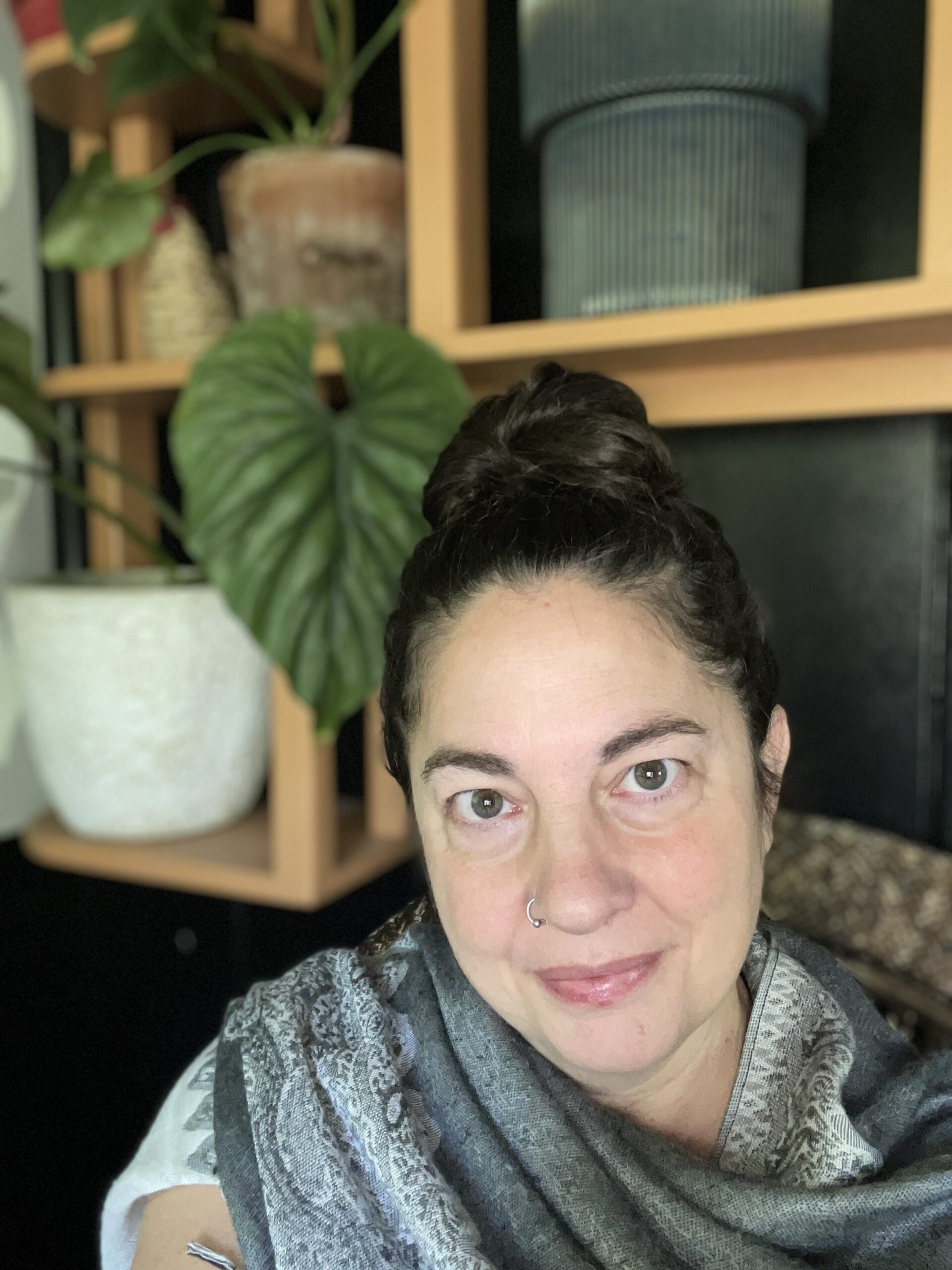 What is your favorite thing about IAPHS?
What is your favorite thing about IAPHS?
I love that it is explicitly about population health. I tend to think about population health as a field or topic exceptionally well-suited to macro-structural perspectives, since a population is, itself, a macro-level entity. (It is also the perfect size. Small enough to really facilitate new connections, but large enough to offer exposure to a diverse range of opinions, methods, etc.)
Were you at the conference this year?
Yes! I participated in three sessions: (1) Alina Schnake-Mahl’s “Social Policy as Reproductive Health Policy: Quasi-Experimental Approaches”; (2) Alicia Riley’s “The Role of Population Health Work in the Struggle for Justice” and (3) Erika Sabbath’s “Work as a Social Determinant of Health.” I also organized a panel on “Labor Market Protections and the American Health Deficit,” which IAPHS graciously made possible.
What do you do for fun?
I love houseplants. A lot of my free time is spent tending to their needs and rearranging them in a feeble attempt to find a perfect spot for each one.
Do you have pets?
I always have at least a dog or two (or three!) I am a sucker for a pup in need. I also have chickens. Anyone who knows me knows that I tend to treat them like pets.
What’s the best advice you’ve ever heard?
Once, when trying to figure out how to proceed with an especially tricky situation, someone advised me to do the thing that I will probably later wish I had done. I still use this guideline (and share it with others) in the face of a stubborn conundrum.
If the readers want to reach you, what’s the best way to contact you? (website, email, social media, etc.)
I am bad at socials—email me at megan.reynolds@soc.utah.edu!

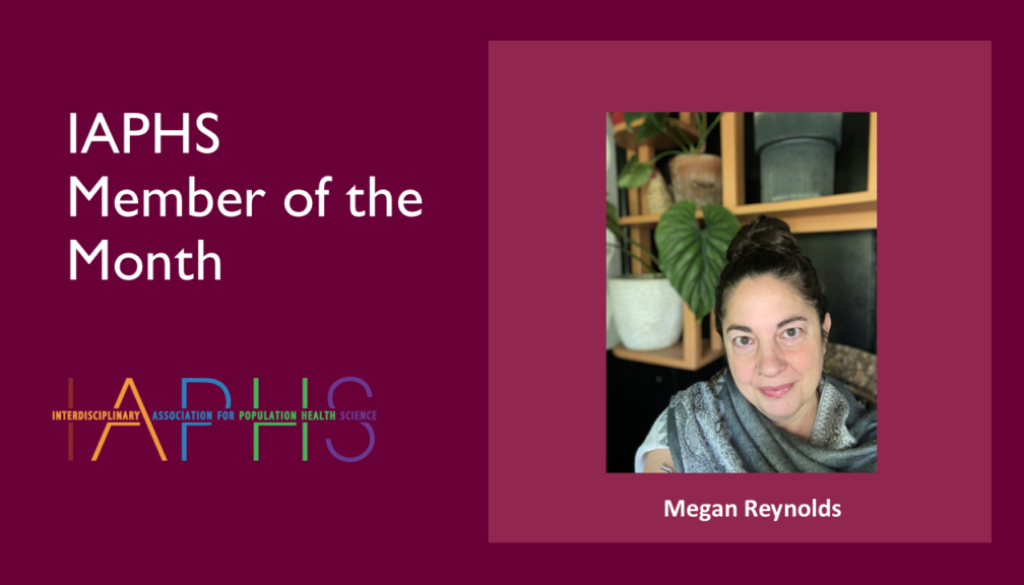

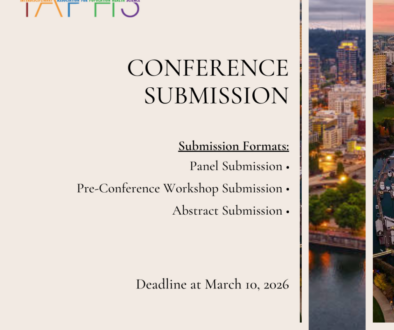
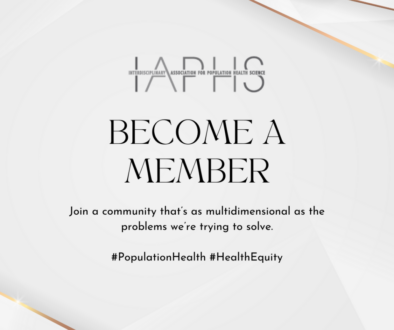
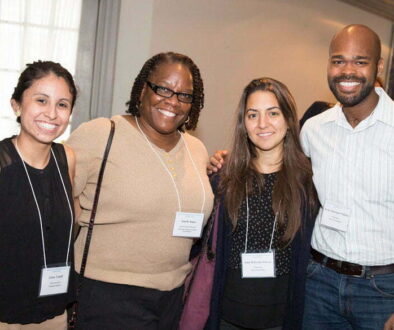
All comments will be reviewed and posted if substantive and of general interest to IAPHS readers.